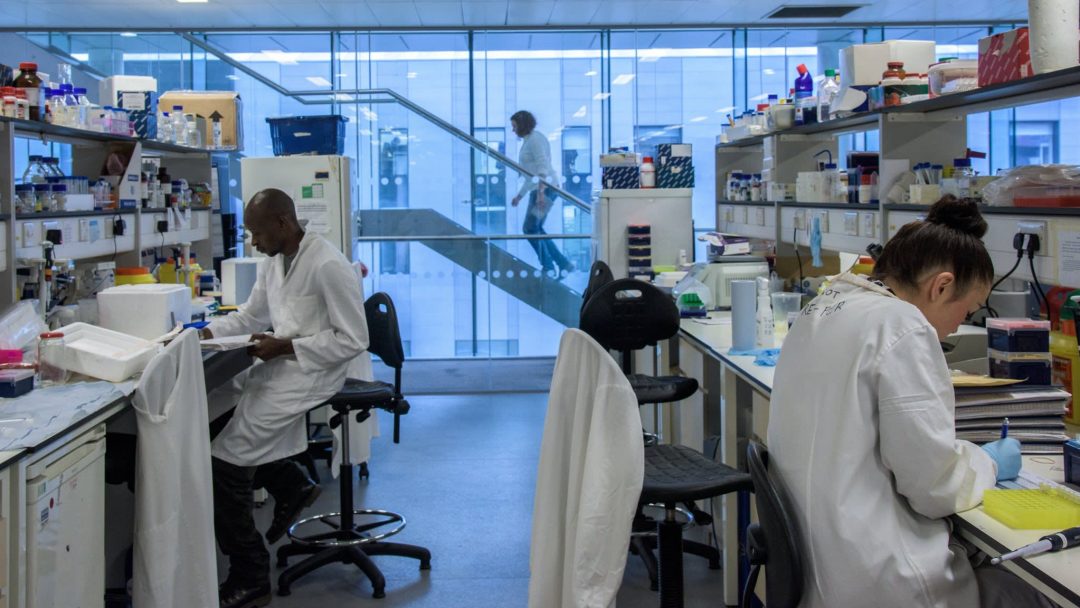
London: In a first, researchers have shown that proteins in the legs of malaria carrying mosquitoes help them develop resistant to insecticides, an advance that may lead to new strategies against the disease which kills nearly 4,00,000 people each year.
The study, published in the journal Nature, noted that insecticide resistant populations of two malaria carrying mosquitoes — Anopheles gambiae and Anopheles coluzzii — express a family of binding proteins situated in their legs.
According to the researchers from the Liverpool School of Tropical Medicine (LSTM) in the UK, the newly found resistance mechanism may be contributing to the lower than expected efficacy of bed nets in Western Africa where these mosquitoes are widely found.
“The protein, which is based in the legs, comes into direct contact with the insecticide as the insect lands on the net, making it an excellent potential target for future additives to nets to overcome this potent resistance mechanism,” explained Victoria Ingham, study first author from LSTM.
Studying the mosquitoes, the researchers proved that the binding protein, SAP2, was found elevated in resistant populations, and further elevated following contact with pyrethroids — the insecticide class which is used on all bed nets.
When the scientists partially silenced the gene that coded for this protein, lowering its production in the mosquitoes, the study said, susceptibility to the insecticide were restored. Conversely, the researchers said, when the protein was expressed at elevated levels, previously susceptible mosquitoes became resistant to pyrethroids.
–PTI

